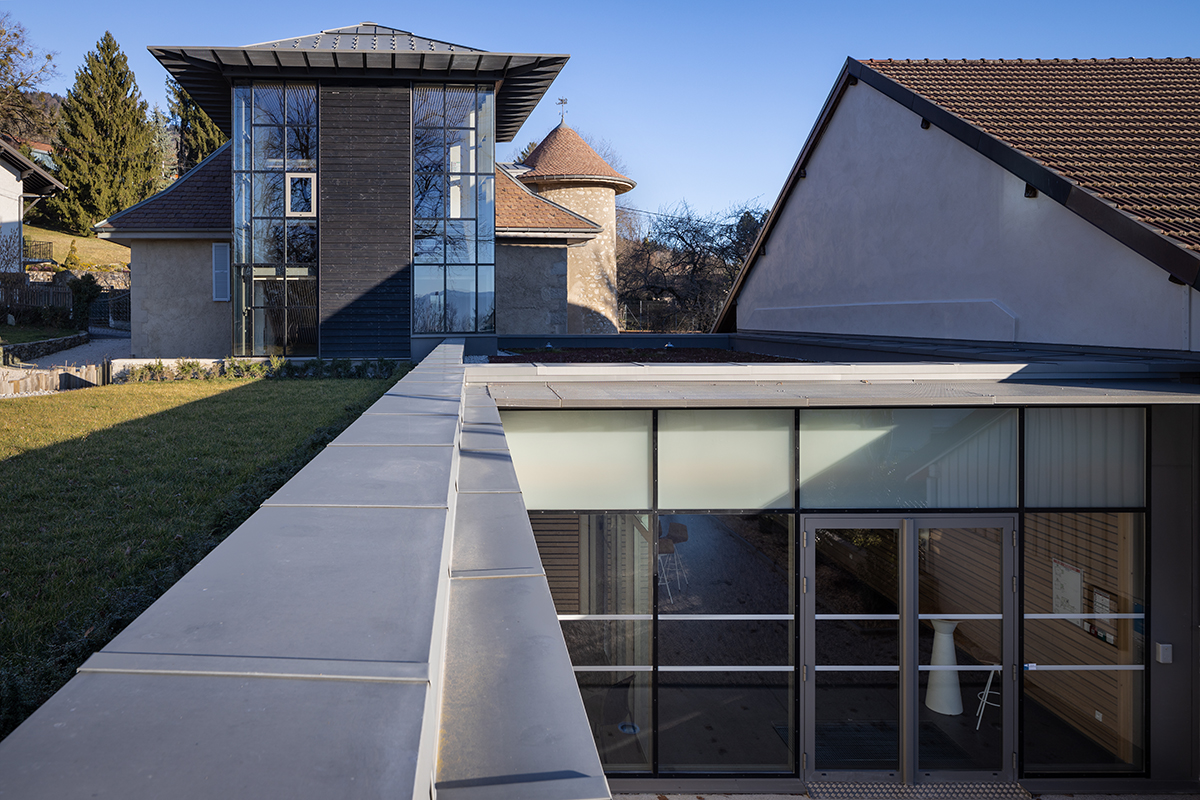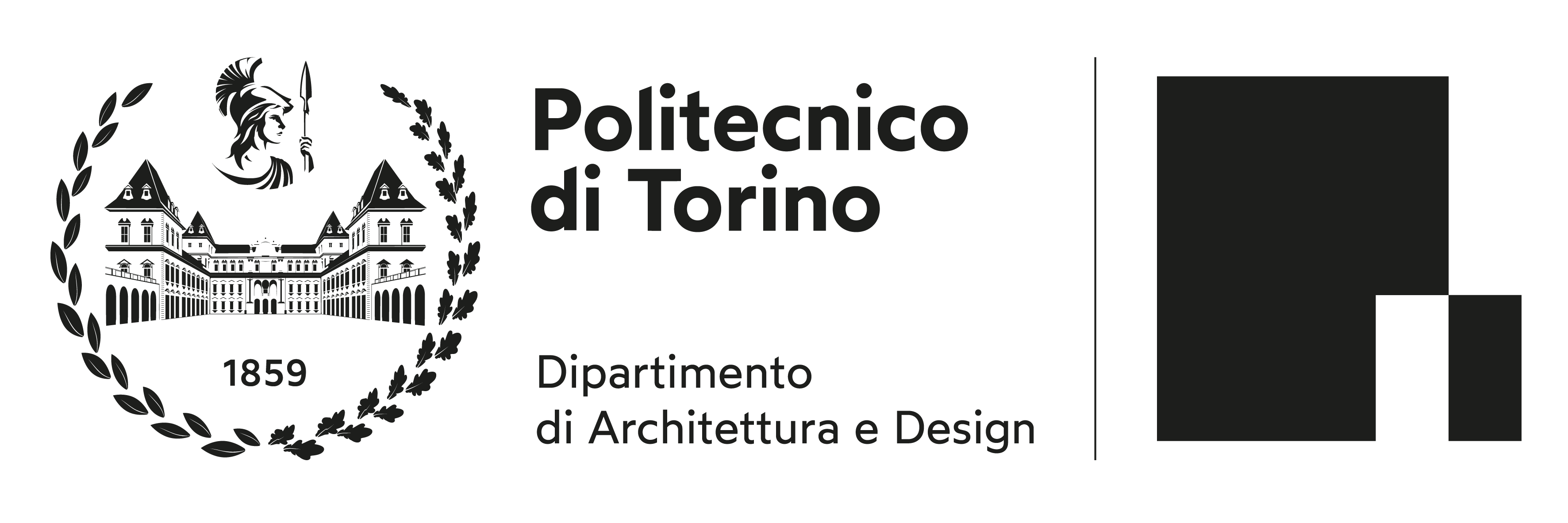
The Butor archipelago. A regeneration, through culture, of a village subject to the metropolisation of Geneva
Regeneration, as it is usually presented, implies economic crisis. For Lucinges, a village located in France, but only some kilometers away from Geneva, things are different: its regeneration started from a substratum of a cultural crisis. Geneva concentrates all forms of urban culture and, as a result of its metropolitan dimension, sterilizes all cultural development in its outlying territories. Geneva’s functional approach crushes the original rural culture, engaging Lucinges in a process of
trivialisation.
Lucinges’ municipality decided to overturn this standardisation by creating a strong cultural venue which would bring inhabitants together and enforce the elected officials’ decisions. Michel Butor’s donation to the village has shaped its new cultural identity, bringing coherence to speeches and projects. The school, the library, the mansion, Butor house, will reshape the town center’s geography and history. These buildings participate in a strong symbolic representation of the territory, forming the “Butor Archipelago”.
The desire to inscribe Lucinges in its modern time, without giving up the génie du lieu, allows the implementation of contemporary architecture as an expression of the local project. It is not a marketing process. These remarkable circumstances allow architects to work in the center of the village through successive projects. Incremental additions are an opportunity to materialize a thought: to make contemporary architecture a process of regeneration of identity. This concept is composed of gradually constituted logics connecting the projects to an unwritten rule. The criticism of previous achievements fuels the global thought for future projects. The emergence of those islands reveals the archipelago.







